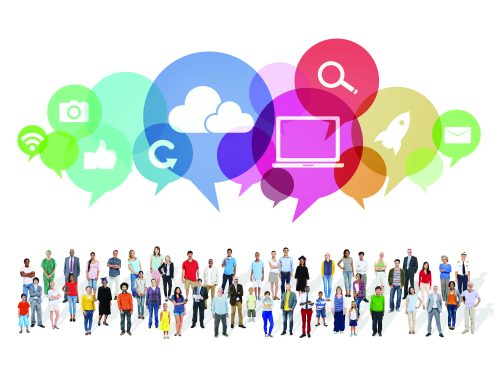
While carefully curated websites and blogs promote ‘beautiful’ lives, endless positivity and share only picture perfect good health, for your own sake (and a reality check), it’s important to take a step back, a deep breath and remember — it’s OK to be human.
If you were to judge my diet by my Instagram photos, you would probably get the impression that I live on nothing but colourful, vege-packed meals, interspersed with some rather lovely gourmet restaurant dishes, with a few green smoothies and coconut waters thrown in here and there.
This is partly true — most (maybe 80 per cent) of my diet is pretty vege-full, and I do enjoy the opportunity to eat out whenever I can. However, not everything that passes my lips is camera-ready. And here’s another secret: not everything that passes my lips is hashtag-healthy, either. And I bet you that most, if not all of the health bloggers, healthy recipe writers, healthy eating Facebook page owners and ‘fitspo’ people we all look at for inspiration online are the same.
What I don’t post online are the Friday night glasses of wine; the stress-snacks of chocolate; the occasional potato chips; the dinners of baked beans on toast when I’ve been out and can’t be bothered cooking.
I’m not saying I’m a health fraud (or that anyone else is for that matter). Like I said, I do walk the talk most of the time. But what you’ll see of my life on social media is a curated version of my real life. It’s there to present the most interesting, appealing, inspiring version of my lifestyle and diet. We all do this; it’s human. Look at most of your friends’ Facebook pages and if you didn’t know better, you’d assume their lives are nothing but sunny holidays, kids being adorable and fun nights out. Not many of us post the boring nights at home; the money worries; the stressful work problems.
The reason I bring this up is that although we all know it, I think we can still easily be sucked in to thinking that everyone else’s lives — and specifically their diets — are better than ours, and that somehow they are better people and we are weak and bad. In a nutshell: social media can mess with our heads.
Last year popular blogger Jordan Younger (aka ‘The Blonde Vegan’), who boasted a following on Instagram of 70,000 people, revealed that she was suffering from an eating disorder, brought on by following ‘thousands of rules in my head’ about what was healthy and not healthy, and feeling pressured by her social media profile to be the healthiest, cleanest, most extreme vegan possible. ‘I started living in a bubble of restriction’, she says. While her posts and photos looked gorgeous and glowing, behind the scenes she had become far from healthy, with extreme weight loss and extremely disordered thinking and fear around food. She’s now adopted a less restrictive diet including some animal protein — but not without attracting a backlash from hardcore vegans who called her ‘weak’ and ‘an idiot’. Charming, huh?
So what you see online is not always (in fact, hardly ever) what’s really going on. If you are looking at online health personalities and feeling inspired and empowered by them, that’s great. But if you’re looking at them and feeling inadequate, or like a bad person, it’s time to remind yourself that what you’re seeing isn’t real. Unfollow; log off; take a deep breath and get out into the sunshine.
www.healthyfood.com










